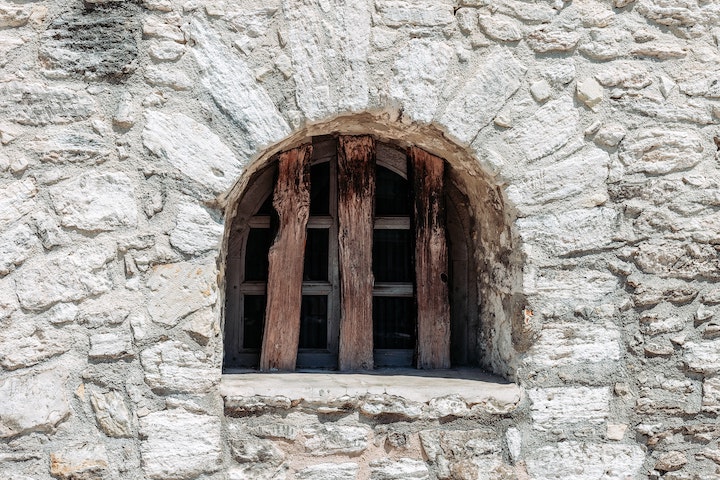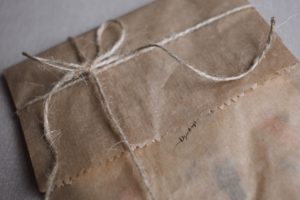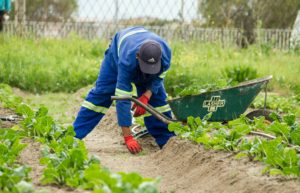There is a famous moment in Alamo lore where prior to the final battle, Colonel William Travis drew a line in the sand and asked his men to affirmatively choose to step across it if they were willing to stay and defend the Alamo, despite the unbeatable forces arrayed against them. According to legend, all but one of the Texas heroes crossed the line and fought to the death. Their sacrifice and the battle cry to “Remember the Alamo” propelled their fellow Texans to ultimate victory less than a month later in the battle of San Jacinto.
When Americans talk about “drawing a line in the sand,” asking “which side someone stands on,” or our willingness to “step across the line,” we are referring to that epic moment of decision, courage, and sacrifice for the greater good. For the Texans of 1836, greater good was their quest for independence and freedom from Mexico. For the abolitionists of 2020, greater good is the fight against human trafficking and the exploitation of men, women, and children for forced labor or sex.
Which side of the line will you choose? You can choose to look away, to ignore those who are suffering at the hands of traffickers in your community’s hotel rooms, brothels, illicit massage, fields, factories, and manufacturing plants. Or, you can choose to confront the armies that stand outside the gates. You can get involved in the fight by identifying potential victims via the ICT red flags, practicing the reporting protocols, joining your local human trafficking coalition, examining and monitoring your business’ supply chain for signs of forced labor, or by volunteering for a victim serving organization in your area. You can purchase ethically, commit to mentoring an at-risk child, or meet the need of a stranger that you would normally overlook. Finally, you can partner with ICT. You can cross the line and join the strike team that is dedicated to the pursuit of justice and the prevention of trafficking for the long-term and the long haul.
ICT needs your help. And so, do the victims whose cases we are working and those that are to come. The pursuit of justice takes time and it takes resources to develop cases, locate evidence, interview witnesses, and prepare for trial. For people to be trained, the ICT team must go where the people are. Going on location means travel and lodging costs, research and training materials to assist communities in their transitions to Cities For Justice, and it means devoting time and work to make sure that victims receive not only the safety and protection that comes with their trafficker behind bars, but the opportunity for a solid future and new beginning.
Step over the line today and give what you can. Colonel Travis asked for each of his troops to make that decision for themselves, and for each of the men that meant something different depending upon their personal and family circumstances, their age, health, and what they would be leaving behind. Your commitment to support ICT means that you are a part of each successful investigation to come, every future victory in the courtroom, the victims identified and recovered because of our training, the trafficking prevented because of community change, and the laws that guarantee freedom from exploitation for all of us. We are thankful to have you by our side.
“You can choose to look the other way, but you can never say again you did not know.” Wilbur Wilberforce
Number One: What You Can Do Series




